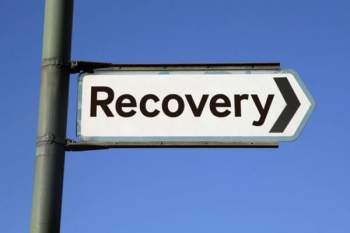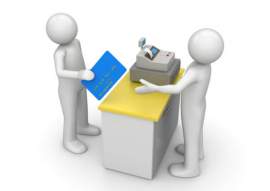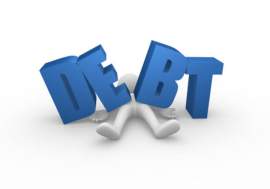
How to Bounce Back Financially through Federal Debt Recovery Programs

What is Federal Debt Recovery?
Debt Recovery is a process within which individual debtors may rectify their financial situations that may have involved a varying nature of defaulted loans, incurred debt, or financial insolvency; although the process and procedure inherent within debt management may appear daunting at first glance, debt recovery may be both possible and achievable for individual and eligible debtors - the overarching classification as ‘debtors’ includes a wide range of financial circumstances, which may range from private citizens to commercial endeavors.
While Federal Debt Recovery may range not only in complexity, as well is structure, government-sponsored Debt Recovery varies in accordance to pricing, standards, conditions, costs, consequences, and terms latent within an agreement undertaken between the debtor and the institution offering Debt Recovery options.
Mortgage Forgiveness Debt Relief Act of 2007
In 2007, former-President George W. Bush passed this debt recovery inspired legislative act in order to provide assistance to individuals who were affected by the collapse of the housing and property market shortly before the act’s passing. Mortgages are defined as secured loans furnished to recipients, both private and commercial in classification. Mortgages are furnished in order to allow eligible applicants the opportunity to obtain real property whose sales price exceeds the amount of capital in their possession. In the event of a defaulted mortgage, this type of secured loan may become secured debts in the event that the individual in possession of a mortgage fails to repay or satisfy the mortgage in question:
Debt Recovery through Scheduled Repayment
This Debt Recovery Act relieves eligible individuals the requirement to furnish income taxes on certain outstanding mortgage loans; in addition, this Debt Recovery Act offers eligible debtors the opportunity to avoid the filing for bankruptcy through mortgage loan restructuring, consolidation, and the availability of repayment plans enacted in order to stimulate Debt Recovery:
The standard repayment plan furnished through a government-sponsored Debt Recovery program provides for a standardized payment required for furnishing on a monthly basis on behalf of the individual debtor concerning the lending institution
The extended repayment plan furnished through a government-sponsored Debt Recovery allows for an extension of the repayment period concerning the life of the loan itself the time of the loan, which typically results in the lessening of the required, scheduled repayment amount
The graduated repayment plan furnished through a government-sponsored Debt Recovery provides for a variable repayment amount with regard to life of a defaulted loan
A prorated repayment plan furnished through a government-sponsored Debt Recovery allows for debtors wages, earning, and income to serve as a determinant factor with regard to the establishment of repayment amounts
Bankruptcy and Federal Debt Recovery
Although debt recovery may be achieved through the filing for bankruptcy, the penalties associated with doing so may vary with regard to their effect on an individual’s financial records, as well as on their credit history; however, in certain cases, a bankruptcy claim may prove to be the most sensible method of debt recovery available. Prior to filing for bankruptcy, you are encouraged to seek out legal counsel in order to obtain the necessary – and certified information regarding filing such a claim.



















